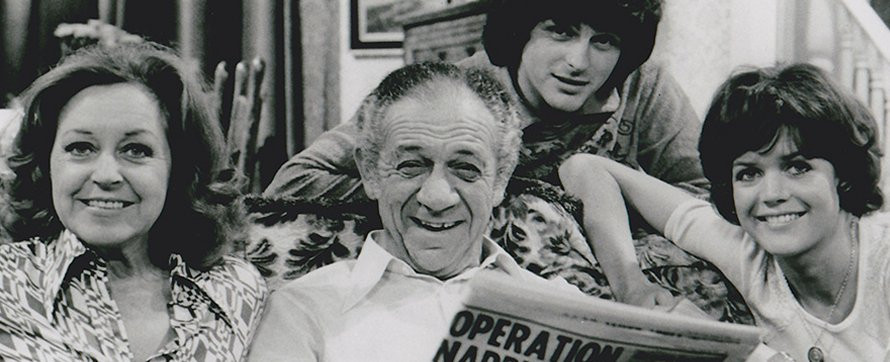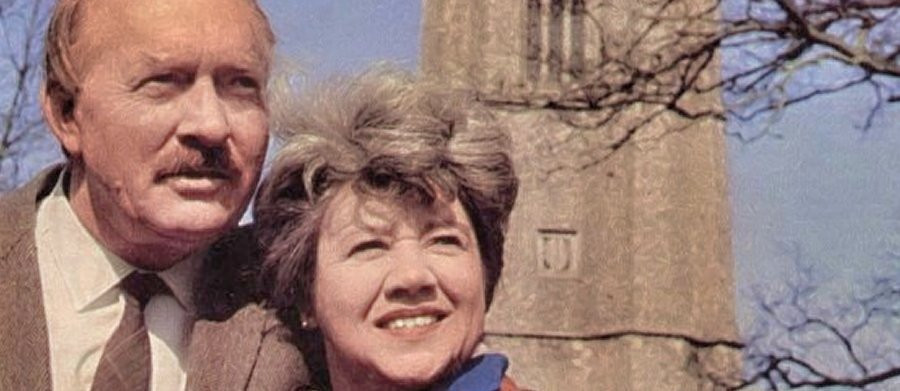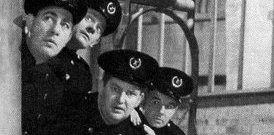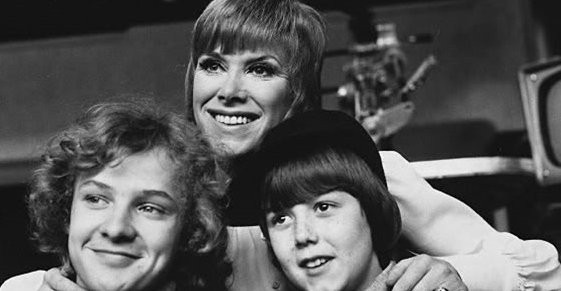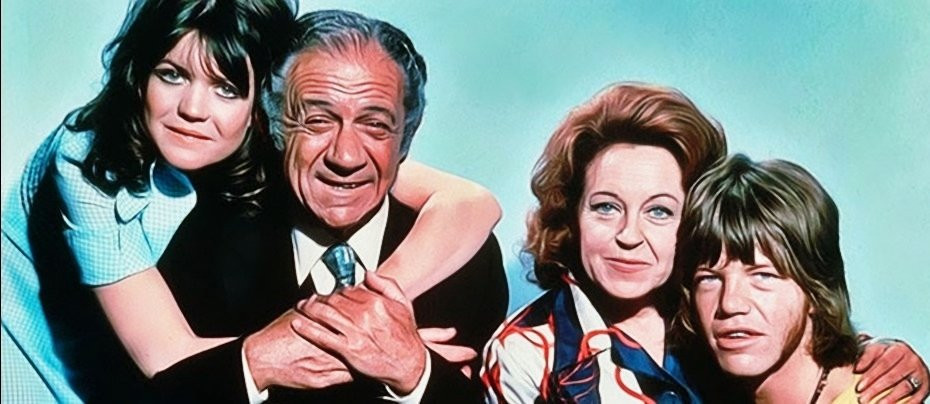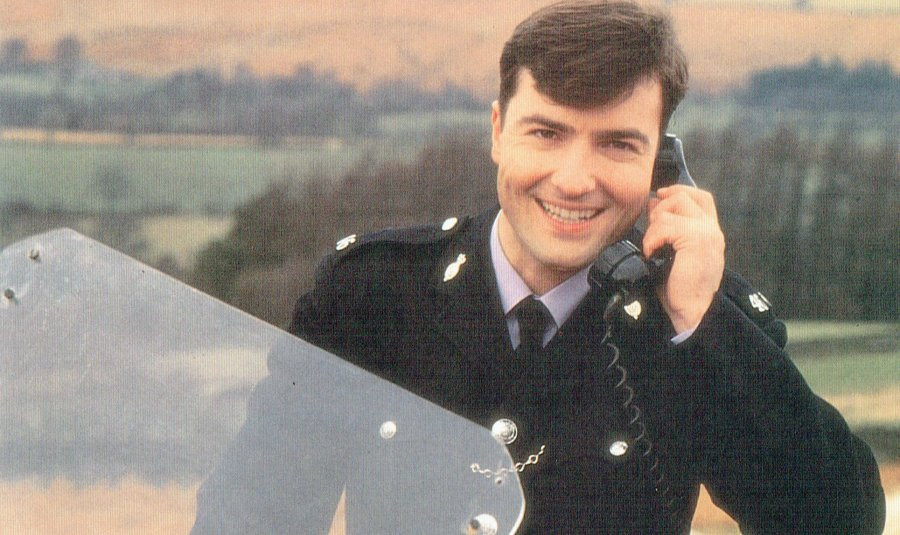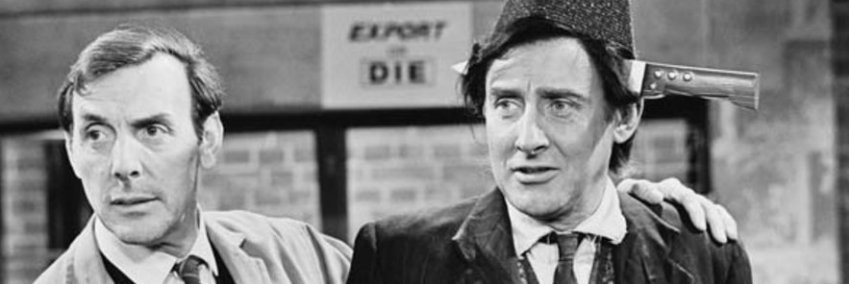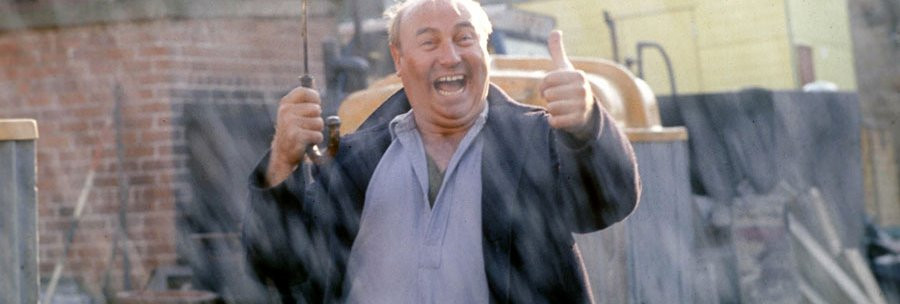
Oh No - It's Selwyn Froggitt
1974 - United KingdomPopular TV series starring Bill Maynard, one of the most prolific character actors on British television, who here played an inept handyman whose self-confidence is tragically misplaced as he stumbles from one disaster to the next with hopeless ineptitude, but always with a smile on his face and a trademark thumbs up accompanied by a cry of 'Magic!'
Bill Maynard was born in 1928 in Farnham, Surrey, but his family moved to Leicester when he was a small boy. He made his first public appearance at the age of 8 in a local working men's club doing a sad monologue. He then tried female impersonating, guitar playing and tap dancing, earning money for lessons by delivering newspapers. At 15 he turned semi-professional footballer with Kettering Town and then Leicester City where a damaged knee put him out of the game for good. Eking out his funds by sleeping in station waiting-rooms, Bill hitch-hiked to more working men's clubs, then to a Butlin's holiday camp at Skegness in 1951 where he appeared as Billy Williams in support of upcoming star Terry Scott. Between holiday seasons he was a coalman, commercial traveller and salesman, then in 1952 he teamed up with Scott again at Butlin's in Filey. He was then given a chance to tour Germany in Piccadilly Hayride and then went to Korea before landing a spot at London's notoriously difficult Windmill Theatre before getting a number of TV appearances on the BBC where he was described as 'a natural for television.'
Successful appearances on Garrison Theatre, Variety Parade and Teleclub were rewarded with a TV series in which he was teamed up with his old pal, Terry Scott, in a series called Great Scott, It's Maynard. During the 1960s Bill gave up television to concentrate on the theatre and was off our screens for seven years before returning in 1967 as a character in the Armchair Theatre presentation, Never Mind The Quality, Feel the Width, which went on to become a successful sitcom (although Bill didn't stay on to star in it). Sporadic appearances followed on television (Sykes, Till Death Us Do Part) and in the movies Steptoe and Son Ride Again, as well as the Carry On and Confessions series') and in the early 1970s he came up with the idea of an uncouth character with delusions of culture.
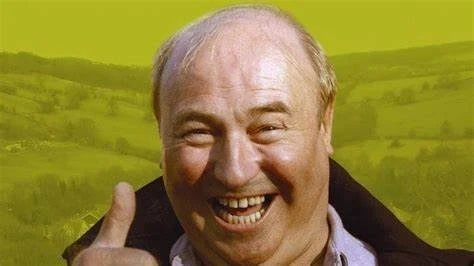
The single play (Oh No - It's Selwyn Froggitt) was written by esteemed television playwright, Alan Plater, and was broadcast as one of six single comedies by Yorkshire television in 1974 in the same run that also gave us Rising Damp. Selwyn Froggitt is a half-wit. Even to the exasperation of his own mother (Megs Jenkins) and brother (Robert Keegan). He works for the local council and keeps a copy of The Times Literary Supplement tucked up the sleeve of his donkey jacket in the hope that others will consider him an intellectual. But everything he touches turns to disaster and on a good day he might reach the dizzying heights of 'adequate.' He socialises down at the Scarsdale Working Men's Club And Institute where, as a result of a joke, he has been appointed secretary. Here he socialises with his drinking mates, Clive (Richard Davies), Jack (Bill Dean) and Harry (Harold Goodwin) where barman Ray (Ray Mort) serves up pints of Selwyn's favourite brew, 'cooking.'
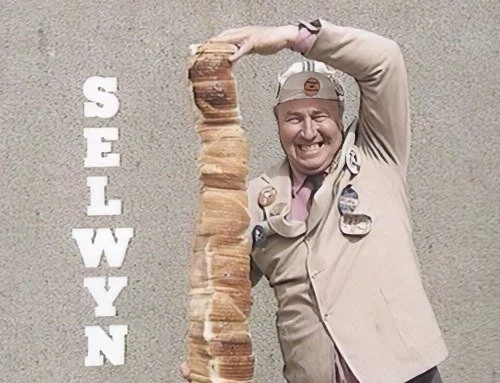
After three very successful seasons of mayhem in Scarsdale (during which time the trademark thumbs-up accompanied by a cry of 'Magic' became a national catchphrase), Selwyn was uprooted for a spin-off series simply called Selwyn. The series was set in a holiday camp (virtually taking Maynard back to his professional roots), but without Alan Plater's scripts it fell very flat and only lasted one excruciatingly unfunny series (the title of the first episode proved very prophetic: 'A Man for One Season'). Bill Maynard continued to be seen in character parts until the end of the 1980s but then took another extended break from television before returning in 2000 as the hugely popular rogue Claude Greengrass in the nostalgic period drama series Heartbeat.
Seen this show? How do you rate it?
Seen this show? How do you rate it?
Published on January 15th, 2019. Written by Laurence Marcus for Television Heaven.


